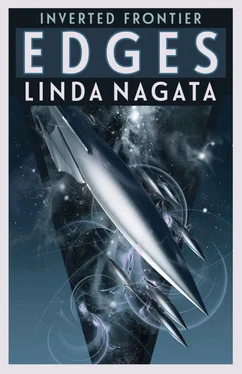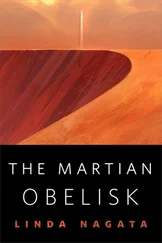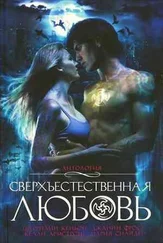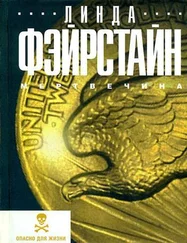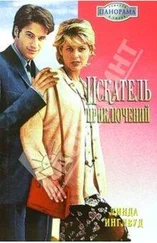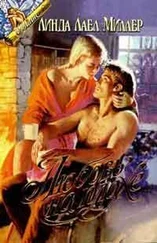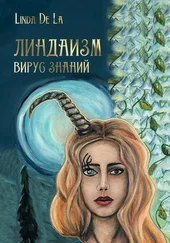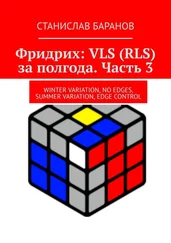A rustling and murmuring as those still standing hurried to find seats, guided by tiny points of blue light on the floor.
“What do you think we’ll see?” Shoran asked, starlight reflecting in her eyes, along with an excitement that echoed Pasha’s own.
“I hope we’ll see what’s casting shadows on the star,” she said. “If it’s a planet, or a disc of debris, or a surviving structure.”
“You want it to be a structure,” Tarnya teased.
“Yes! That would be amazing. Our first hint of the kind of habitats that combined to create the cordon.”
The gathering settled, murmurs faded. A shiver ran up Pasha’s spine—from the cold or from anticipation? She couldn’t say.
She looked for Vytet and saw him standing beside the dais, a tall silhouette limned in starlight, his long hair loosely tied. Vytet had organized this gathering. Now he acknowledged the restless silence by gesturing at the projected starfield. “We have the grandest of views,” he said in his gentle, contemplative voice. “But it’s a view that changes only slowly. It’s not as if we can turn a corner and encounter a new vista. All that is, is out there in front of us but at such a distance details are elusive. Only slowly, gradually, as we draw closer to a target star do we have a real chance of discerning what might still exist in orbit around it.”
A doorway peeled open. Light washed in, inciting annoyed murmurs. A man’s handsome silhouette, against the afternoon glare. Pasha recognized Riffan.
“Pardon me,” he said contritely as the doorway sealed shut behind him. “I’m a minute late.”
Good-humored teasing erupted. People liked Riffan. They clapped and whistled and called out, “Find the man a seat!”
Not Pasha. She stayed silent, and under cover of darkness, allowed herself an irritated snarl. Are we friends, Pasha? he’d asked, but she’d skirted the question. Now she bit her lip and conceded, if only to herself, Jealousy is the worst emotion .
It was not his fault he’d been privileged to go on the expedition to the beacon. Urban had picked him out of the archive, ostensibly because Riffan was an anthropologist. Yet an exobiologist would have made sense too. More sense . But Urban had met the two of them aboard Long Watch, and he had chosen Riffan.
She chided herself, You are so petty!
And still, it rankled. She’d worked so hard in her career. She’d had to push at every stage to advance in the sclerotic hierarchy of Deception Well. The quality of her work had always earned praise and yet it did not bring her the reward of new projects. Always, she had to take the initiative, put herself forward, or be forgotten. Over the years she’d often felt invisible.
None of it was Riffan’s fault, but she could not help a stab of jealousy every time she saw him, so she did her best not to see him. It was that simple.
Shuffling sounds from the back indicated Riffan was still making his way to an open seat, but Pasha raised her chin and fixed her attention forward as Vytet resumed his introductory remarks.
“The ingredients of life are all still present at Tanjiri,” he said. “Past surveys have detected water, oxygen, and abundant organic molecules. Whether those are associated with biological life we can’t know, but the situation is intriguing.
“Throughout our journey, we’ve tracked irregular but easily measurable variations in Tanjiri’s luminosity. And yet historically, the star is known to be stable. We have data from centuries of observations, predating the expansion, that prove this.”
Shoran interrupted with a half-raised hand. “You’re assuming the people of the Hallowed Vasties did not manipulate and destabilize the star itself,” she said.
“We can’t be sure,” Vytet admitted. “We know they possessed engineering skills far beyond anything we’re capable of—but did they build their cordons from matter harvested from cometary clouds? Or did they break up planets to do it? To overcome the attractive force of gravity… that is a physics we know almost nothing about, even now, when we’ve had the use of the propulsion reef for centuries.
“We don’t know how the cordons were made, but in just a few minutes we may gain some insight on where the matter was obtained.
“We have records of Tanjiri’s major planets. We know where they should be now, in their orbits, and we know the percentage each would contribute to the variation in luminosity as they cross the face of the star—”
“ If they still transit the face of the star,” someone in the second row interjected. Pasha recognized the precise diction of the physicist, Naresh. “If they are no longer intact, we have no basis for our calculations.”
“Yes, Naresh. Exactly.” Vytet again spoke to the full gathering. “What we do know is that the variation we’re seeing is much greater than could be caused by the known planets if they do all still exist. Our hypothesis—mine, along with those Apparatchiks we call the Scholar and the Astronomer—is that some megastructures from the original cordon, or perhaps just fragments of them, still exist.”
Pasha’s mind was running ahead. “But this is not a new theory, correct?” she asked. “It’s been less than two thousand years since the Hallowed Vasties broke up. Not much time on an astronomical scale. And if the structures had been broken down to dust, we would have seen a nebula.”
Naresh answered this, saying, “I’ve looked over the historical data.” Pasha turned to see him in the row behind her, a shadowy figure in the faint light, his posture as precise as his words. He continued, “There may be a nebula, but it’s too thin to account for a majority of the matter that went into the construction of the cordon.”
“I agree,” Vytet said.
“So where did all that matter go?” Shoran wanted to know. “Is it still tied up in these fragments of… what was the term you used?”
“Megastructures,” Pasha said. “Is there even another possibility? Surely there’s not been enough time for debris to re-gather into a planetary body or even into an accretion disc.”
“We hope to find out today,” Vytet answered.
<><><>
The first image to be displayed came from Dragon ’s telescope alone. A Dull Intelligence swiftly combined it with a digital image from Griffin , producing a sharper picture of Tanjiri. Pasha squinted, instinctively trying to bring into focus several tiny blurs of what looked like reflected light, scattered at a uniform distance around the pale yellow star. A tag popped up:
Average estimated distance of orbital bodies from the central star: 0.78 astronomical units .
An astronomical unit, an AU, was the distance that had once separated Earth from Sun… and maybe it still did. No one knew for sure.
Murmurs erupted, whispered questions. Pasha gripped an armrest to stop herself from rising to her feet. “What are we looking at?” she asked herself aloud.
“The shape of these objects suggests a crescent,” someone in back said. “Could they be planetary objects in partial light?”
“Or could they be surviving structures?” another voice asked.
A discussion ensued, the planetary hypothesis gaining support when an analysis of the spectra revealed strong indications of water and an oxygen-bearing atmosphere.
After forty minutes, image data began to stream in from Khonsu ’s telescope. The DI cross-matched time and angle, working to integrate it with the existing image to reveal even more detail.
Pasha leaned forward, anxious for the update, hoping it would allow a clearer view of the ruins if that’s what they were, or, far better, reveal an indication of surviving life.
Читать дальше
